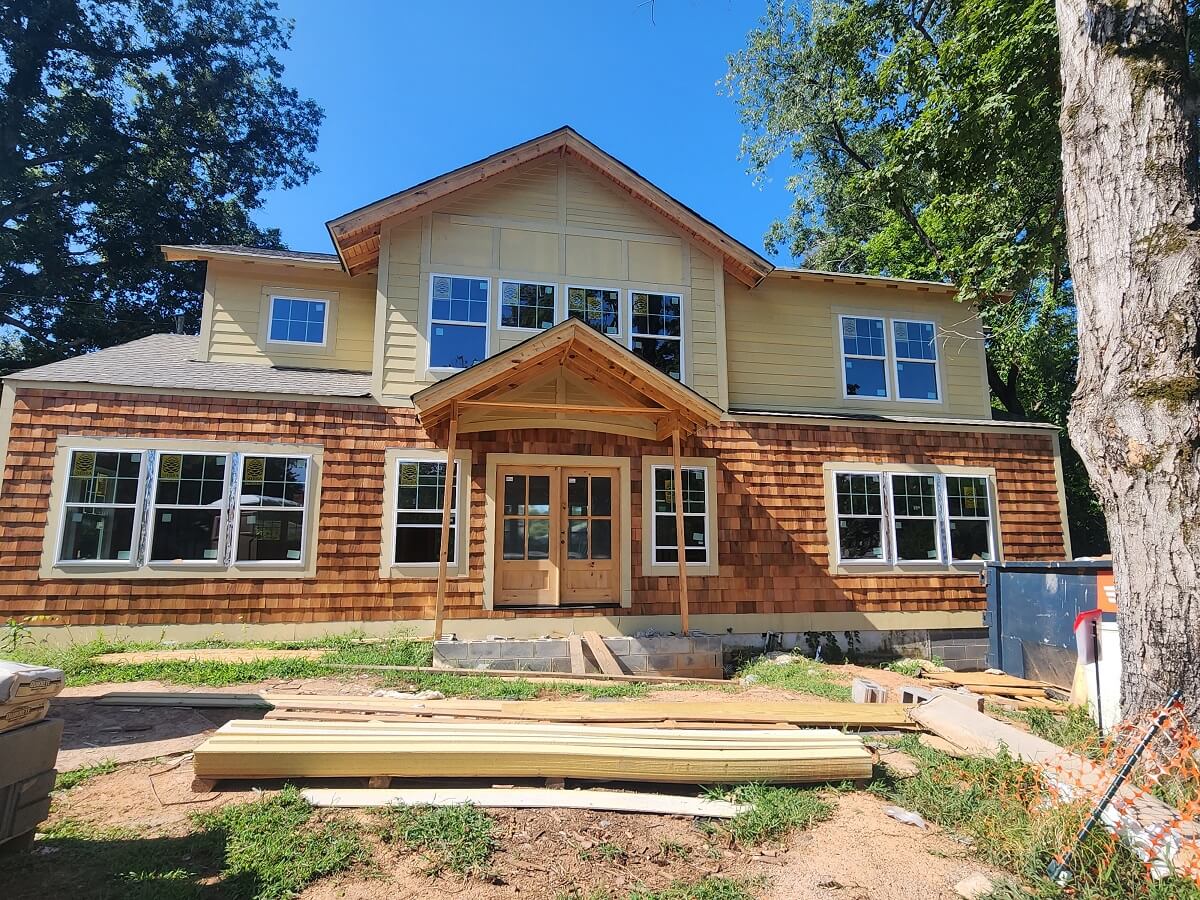The real estate market is poised for a year of transformation, with evolving economic factors, changing consumer preferences, and new technological advancements shaping the landscape. Whether you’re a seasoned real estate investor or a first-time homebuyer, staying ahead of the curve is key. Here are the top real estate trends to watch in 2024:
1. Continued Rise in Interest Rates
In response to ongoing inflation concerns, interest rates have been steadily rising in recent years, and this trend is expected to continue. While this may slightly slow down the pace of home buying and refinancing, higher rates also present opportunities for investors. For those with cash or the ability to secure favorable financing terms, real estate remains a valuable long-term investment. Furthermore, higher rates may reduce competition, allowing investors to find properties at better prices.
2. Increased Demand for Suburban and Rural Properties
Throughout the COVID-19 pandemic, remote work reshaped the real estate landscape. As more companies embrace hybrid or fully remote work models, many workers have chosen to leave crowded urban areas in favor of larger homes with more outdoor space. Suburban and rural properties, particularly those within commuting distance to major cities, are expected to remain in high demand. This shift offers both opportunities for buyers seeking more space and investors focusing on single-family rental properties in less urbanized markets.
3. Rise of “Smart Homes” and Tech-Integrated Features
The integration of technology into homes is rapidly growing, and 2024 will see a continued rise in demand for smart home features. Buyers and renters are increasingly looking for homes with smart thermostats, lighting systems, security cameras, and voice-activated assistants. These upgrades are not only convenient but also energy-efficient, adding value to properties. For investors, properties equipped with smart tech may be able to command higher rents or resale prices, making them a smart investment choice.
4. Sustainability and Eco-Friendly Homes
As sustainability becomes more of a priority, the demand for eco-friendly homes is set to increase. Buyers are looking for homes with energy-efficient features like solar panels, energy-efficient appliances, and sustainable materials. Green certifications, such as LEED (Leadership in Energy and Environmental Design), will continue to add value to properties. For real estate investors, focusing on properties with sustainable features or making eco-friendly upgrades can increase rental income and appeal to a growing segment of environmentally conscious buyers.
5. Short-Term Rentals and Vacation Homes
With the popularity of platforms like Airbnb and Vrbo, short-term rentals will continue to be a profitable investment opportunity. As people seek more flexibility in their travel and lodging options, short-term rental properties in desirable vacation destinations are expected to see strong demand. Additionally, some investors are capitalizing on the growing trend of “workcations,” where remote workers choose to live temporarily in vacation spots. Investing in short-term rental properties in high-demand locations can yield high returns—if managed correctly.
6. Multifamily Properties Gaining Popularity
With housing affordability remaining a concern in many parts of the U.S., demand for rental properties—especially multifamily units—is on the rise. Apartments and duplexes are expected to remain strong investments as the trend of renting over buying persists. The multifamily market offers investors the ability to scale their portfolios more efficiently and reduce risk through diversified income streams. This trend is particularly relevant in markets with high population growth, urban migration, or a shortage of affordable housing.
7. Flexible and Hybrid Workspaces
As hybrid and remote work continue to be the norm for many professionals, there is a growing desire for homes that can accommodate flexible workspaces. Expect to see more homes with dedicated home offices, multi-functional spaces, and co-working amenities. For real estate investors, properties with flexible floor plans or potential for home office conversion may become increasingly valuable, especially in suburban or vacation markets where more people are seeking a balance of work and personal life.
8. Real Estate Technology and Automation
Proptech (property technology) continues to revolutionize the real estate industry. From virtual home tours and 3D property modeling to automated property management and AI-driven investment tools, technology is making it easier to buy, sell, and manage properties. Real estate investors who embrace technology can reduce costs, streamline operations, and improve efficiency, leading to increased profitability.
9. Affordability and the Need for Affordable Housing
In many cities, affordability continues to be a major concern. As housing prices remain high, the demand for affordable housing options is expected to intensify. Investors who focus on affordable multifamily properties or partner with local governments for affordable housing initiatives may find themselves in a strong position to address the housing gap. Additionally, with increasing demand for rent-controlled or lower-cost housing, investors offering affordable units will continue to see steady occupancy rates.
10. Homeownership Trends Among Younger Generations
Millennials and Gen Z are now entering the homeownership market, but they are facing high home prices and limited supply. As a result, many younger buyers are opting for smaller homes, co-living arrangements, or suburban properties with lower price points. Investors focusing on entry-level homes, starter homes, or rental properties in desirable locations for younger buyers and renters can tap into this growing market segment.
Conclusion:
The real estate market in 2024 presents a dynamic landscape with many opportunities for savvy investors, homebuyers, and renters. From higher interest rates to an increased demand for smart, eco-friendly, and flexible homes, these trends are reshaping the way people buy, sell, and rent property. By staying informed and adapting to these trends, investors can position themselves to capitalize on the shifts in the market. At C13 Investments, we continue to monitor these developments to make strategic, data-driven decisions for our investors, ensuring long-term success in this ever-changing environment. Whether you’re looking to buy, sell, or invest, understanding these key trends will give you a competitive edge in 2024 and beyond.
